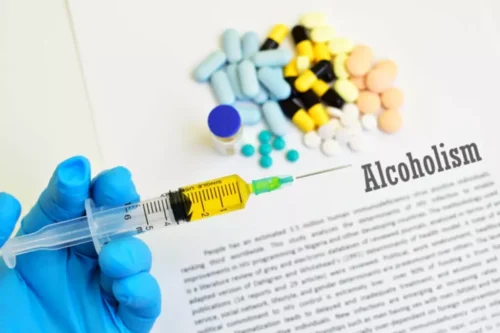
Alcohol-Induced Ketoacidosis (AIK) is a metabolic condition caused by excessive alcohol consumption, leading to a dangerous buildup of acids called ketones in the body. It often occurs in individuals who are malnourished or have not eaten properly, resulting in metabolic acidosis and electrolyte imbalances. Alcoholic ketoacidosis (AKA) is a condition seen commonly in patients with alcohol use disorder or after a bout of heavy drinking. It is a clinical diagnosis with patients presenting with tachycardia, tachypnea, dehydration, agitation, and abdominal pain. This activity illustrates the evaluation and treatment of alcoholic ketoacidosis and explains the role of the interprofessional team in managing patients with this condition. During episodes of binge drinking, it’s common for individuals to experience periods of starvation and nutrient depletion.
Symptoms

The doctor must exclude these other causes before diagnosing alcoholic ketoacidosis. Diagnosis typically involves laboratory tests, including arterial blood gas (ABG) measurement and serum chemistry assays, to confirm the presence of Sobriety ketones and the degree of acidosis. Patients with AKA require prompt medical attention to address the underlying metabolic disturbances and prevent further complications. If you have symptoms of alcoholic ketoacidosis, your doctor will perform a physical examination. If your doctor suspects that you’ve developed this condition, they may order additional tests to rule out other possible conditions. When diagnosing alcoholic ketoacidosis, it’s crucial to consider potential alternative explanations for a patient’s symptoms.
- Another issue is encephalopathy, a brain dysfunction that may result in confusion, agitation, or even coma.
- However, in the absence of sufficient carbohydrates—often due to prolonged alcohol consumption—fat metabolism kicks into gear.
- This can happen when the body is unable to obtain enough glucose from food sources, such as when a person is not eating enough or when they are drinking heavily.
- Alcoholic ketoacidosis is a serious and potentially life-threatening condition that often results from heavy or binge drinking combined with poor nutrition.
- Binge drinking affects the body in complicated ways and can prohibit organs from performing their necessary functions.
Why is arterial blood gas (ABG) important?

Alcoholic ketoacidosis (AKA) is a metabolic complication caused by excessive alcohol intake combined with poor nutrition, leading to the buildup of acidic ketones in the body. Ketones, such as acetone, are chemicals the body generates when it doesn’t have enough glucose (sugar) to use as fuel. An excessive buildup of ketones can create a dangerously acidic internal alcoholic ketoacidosis smell environment. If untreated, this can escalate into metabolic acidosis, a life-threatening condition. Dehydration and not eating enough can result in normal to low potassium levels. Bicarbonate levels, another component of your blood, could be low due to a condition called metabolic acidosis.
- Going on a drinking binge when your body is in a malnourished state may cause abdominal pain, nausea, or vomiting.
- Dehydration and volume constriction directly decrease the ability of the kidneys to excrete ketoacids.
- Our expertise and compassionate approach aim to provide you with the support and guidance necessary to regain control over your health and well-being.
- Lactic acidosis is found with tissue hypoperfusion, hematological malignancies, and various medications.
What causes Alcoholic Ketoacidosis?
- When dealing with alcoholic ketoacidosis, you might experience gastrointestinal symptoms such as nausea, vomiting, and abdominal pain.
- Under some conditions, fasting ketosis can become severe, resulting in overt ketoacidosis.
- With over a decade of addiction treatment experience, Mark deeply understands the complex needs of those struggling with addiction and utilizes a comprehensive and holistic approach to address them.
Profound dehydration can culminate in circulatory collapse and/or lactic acidosis. Contact The Recovery Village Palmer Lake if you have questions about treatment or if you’re ready to get on the path to recovery and end your addiction to alcohol. Whether you are struggling with addiction, mental health or both, our expert team is here to guide you every step of the way. Don’t wait— reach out today to take the first step toward taking control of your life. These factors create an environment conducive to ketosis—a state where ketone bodies are produced in excess due to fat breakdown. Join 40,000+ People Who Receive Our Newsletter Get valuable resources on addiction, recovery, wellness, and our treatments delivered directly to your inbox.

Leave a Reply